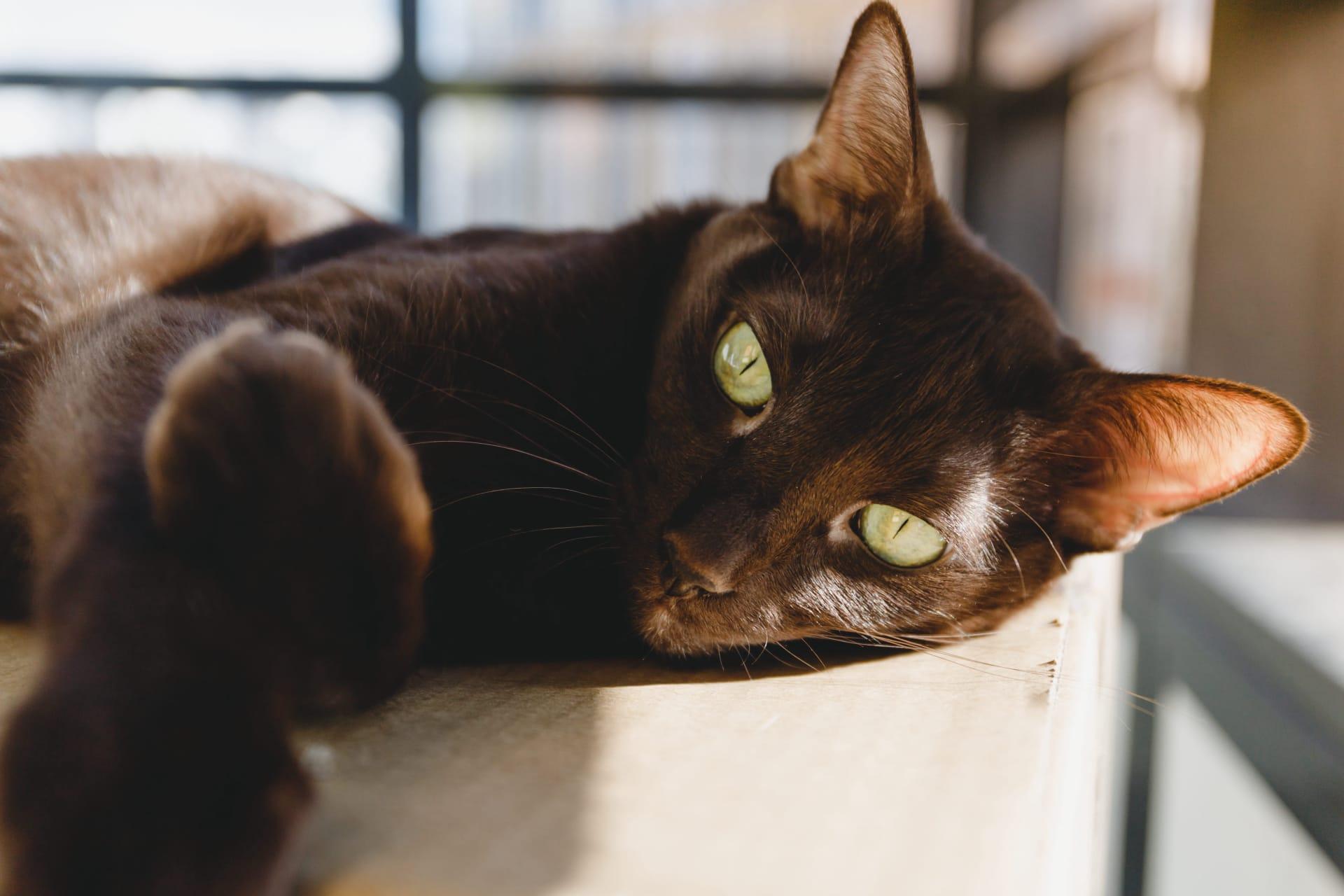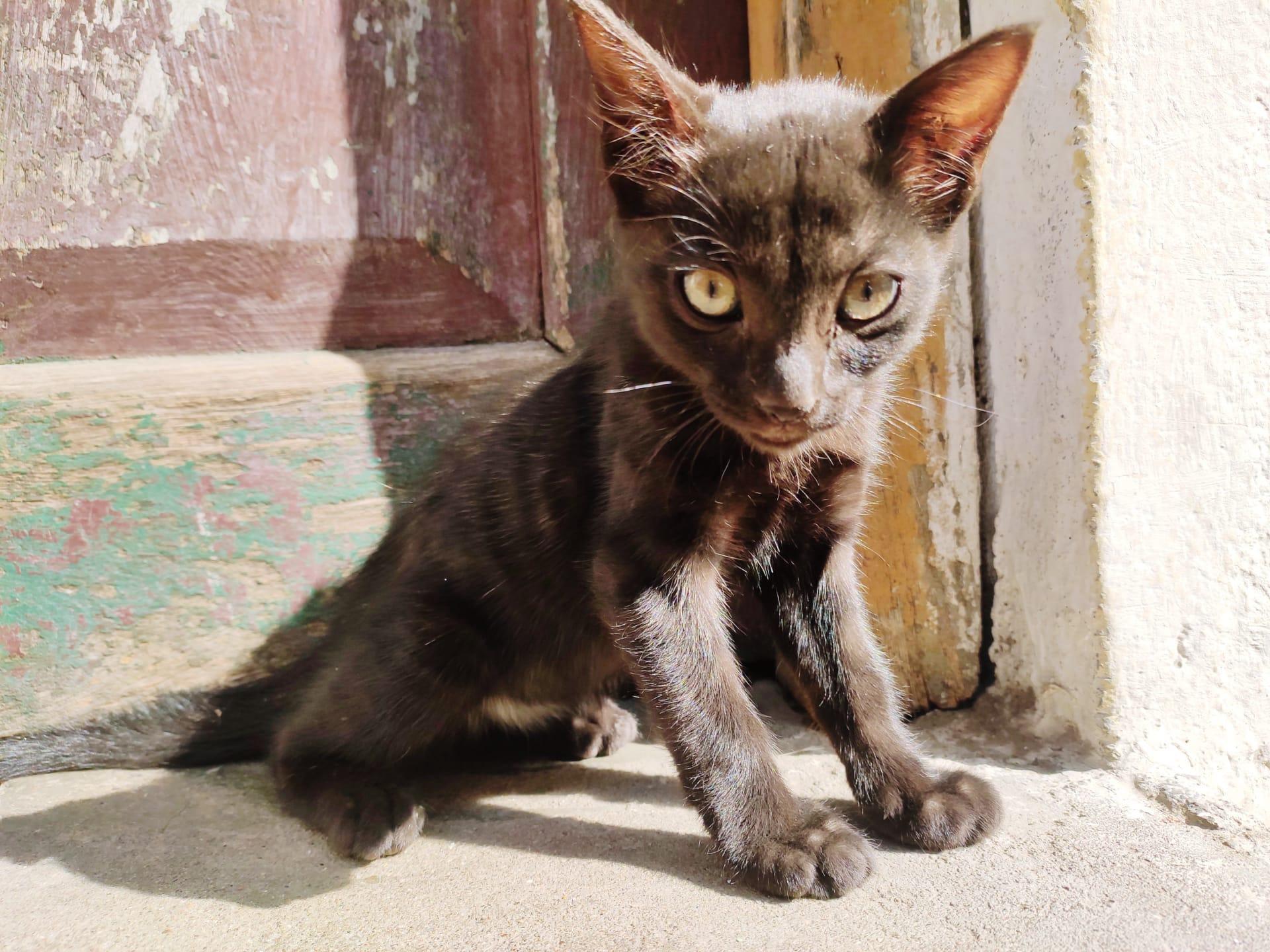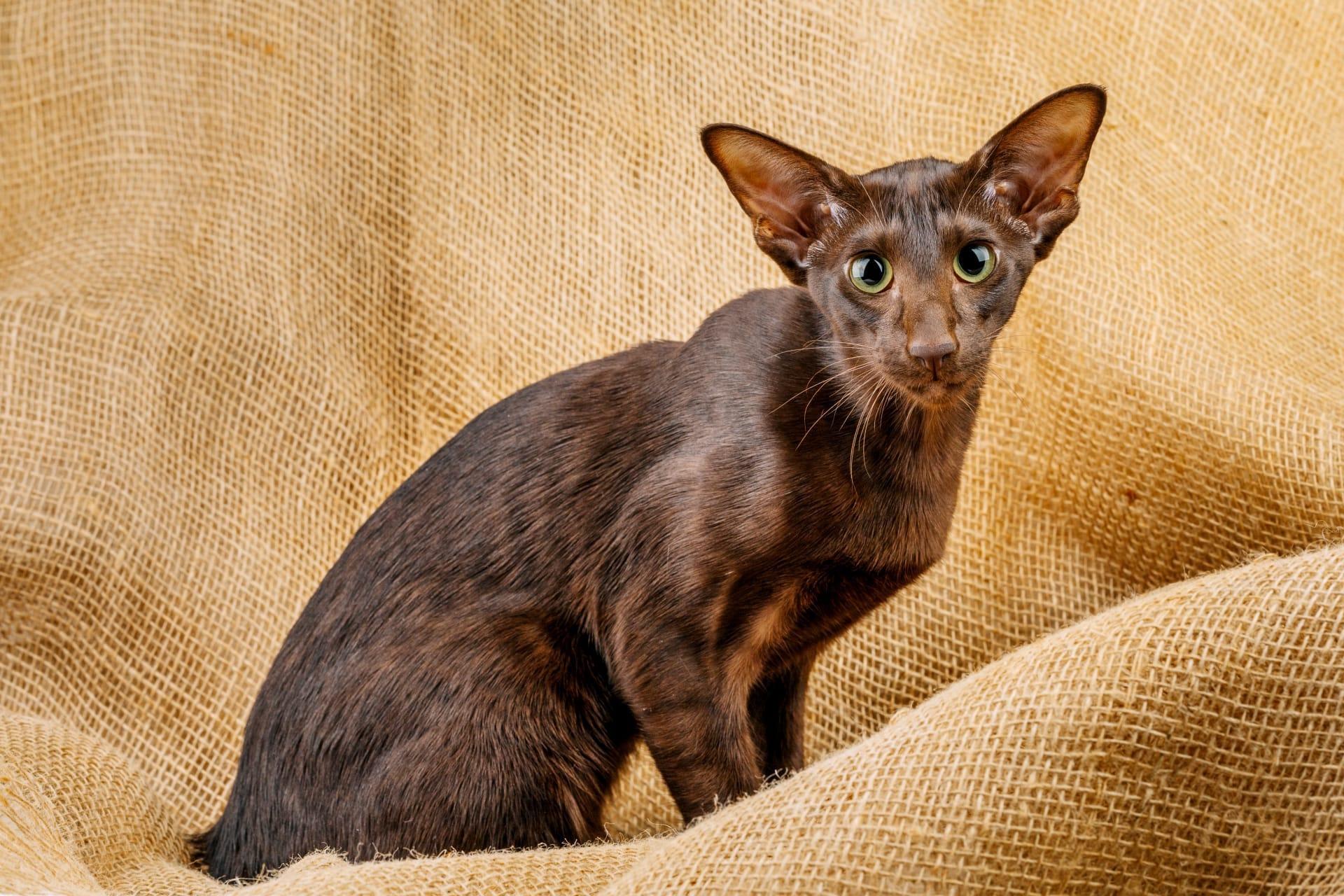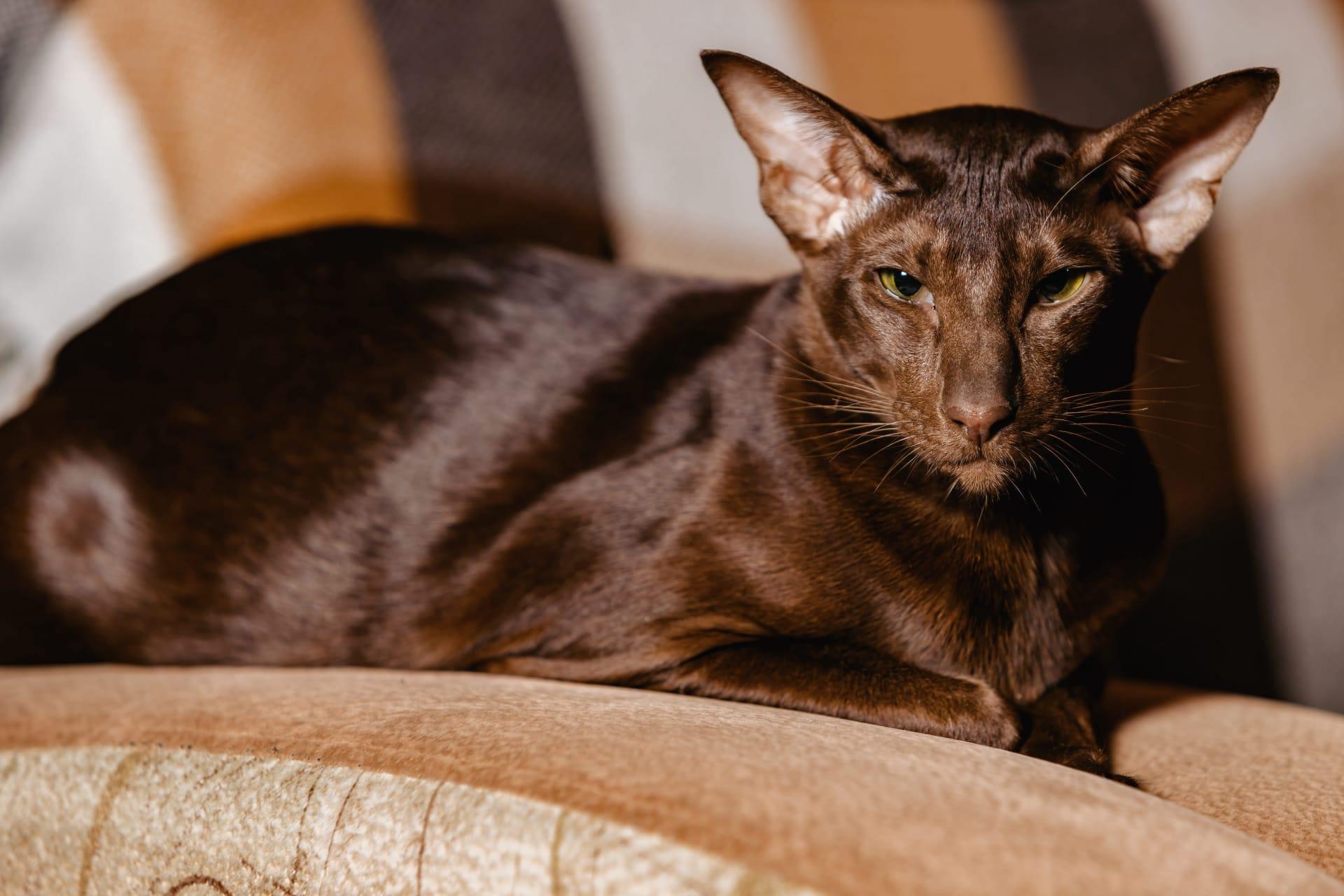Havana Cat Trivia
- Home /
- Trivia Question /
- Animal /
- Havana Cat Trivia
1
Question: What unique physical feature distinguishes Havana cats from other cat breeds?
Answer: Havana cats boast a striking, rich chocolate brown coat, a unique characteristic among cat breeds. Their fur is short, sleek, and glossy, reflecting light to produce a warm, luminous sheen. This chocolate hue is consistent throughout their body, making them stand out. Furthermore, their mesmerizing green eyes complement their coat beautifully, offering a stark contrast that highlights their elegant appearance. These cats typically weigh between 6 to 10 pounds (2.7 to 4.5 kilograms), combining their distinctive color with a graceful, medium-sized build.
Question: How did Havana cats get their name, and what's their origin story?
Answer: Contrary to what one might think, the Havana cat's name does not directly relate to Havana, Cuba. Instead, their name is inspired by the rich, brown color of Havana cigars. The breed originated in England during the 1950s from a planned breeding program aiming to create a cat with a solid brown coat. The initial breeding involved a black domestic shorthair and a chocolate-point Siamese, leading to the development of the breed's distinctive chocolate brown color and captivating green eyes, making them a unique addition to the cat world.

2
Question: Is it true that Havana cats require extensive grooming due to their short coats?
Answer: Contrary to popular belief, Havana cats are relatively low maintenance when it comes to grooming. Their short, sleek coat does not shed excessively and requires only a weekly brushing to remove loose hair and distribute skin oils. This minimal grooming routine helps maintain their coat's glossy sheen without the need for frequent baths, making them an ideal pet for those looking for a low-maintenance companion.
Question: Do Havana cats have a higher risk of health issues because of their specific breeding?
Answer: Another common misconception is that Havana cats are prone to numerous health issues due to their specific breeding lineage. In reality, they are generally healthy and robust cats with a lifespan of 15 to 20 years. While all breeds can have genetic predispositions, Havana cats are not known for having significant breed-specific health problems. However, responsible breeding practices and regular veterinary check-ups are essential to ensure they live long, healthy lives.

3
Question: What is the personality and temperament of Havana cats?
Answer: Havana cats are known for their affectionate, playful, and social nature. They thrive on interaction with their human families and often form strong bonds with their owners. These cats are intelligent and curious, making them quick learners and eager participants in interactive play. They enjoy being involved in household activities and can be quite vocal, expressing their opinions with a range of chirps and meows. Their sociable demeanor makes them great companions for children and other pets, as they adapt well to busy, loving homes.
Question: Can Havana cats adapt well to indoor living environments?
Answer: Absolutely! Havana cats are perfectly suited to indoor living environments. Their adaptable and sociable nature makes them ideal for apartment living, as long as they have enough space to play and explore. Providing them with various toys, scratching posts, and climbing structures can help keep them stimulated and content indoors. Their affectionate personality means they greatly appreciate companionship, whether it's from humans or other pets, making them well-suited to a variety of indoor living situations.

4
Question: How active are Havana cats, and what type of play do they prefer?
Answer: Havana cats are moderately active and enjoy a blend of physical and mental stimulation. They love interactive play sessions that challenge their intelligence, such as puzzle toys or games that mimic hunting behaviors. These activities not only provide them with necessary exercise but also strengthen the bond between them and their owners. Despite their playful nature, they also appreciate relaxation time and enjoy cuddling up with their human companions, showcasing their adaptable and well-rounded personality.
Question: Are Havana cats good with other animals and children?
Answer: Yes, Havana cats are exceptionally good with both other animals and children. Their friendly and outgoing nature makes them great companions for families. They are patient and tolerant, often enjoying the company of well-behaved children who treat them kindly. Additionally, their sociable attitude extends to other pets, including cats and even dogs, provided they are properly introduced and socialized from a young age. Their ability to adapt to various household dynamics makes them a beloved family pet.

5
Question: What kind of diet is best for maintaining a Havana cat's health and coat condition?
Answer: A balanced, high-quality diet is crucial for maintaining a Havana cat's overall health and the lustrous condition of their coat. Ideally, their diet should include a mix of wet and dry food formulated for cats, rich in protein and essential fatty acids, which help keep their chocolate-brown coat shiny and healthy. Regular access to fresh water is also essential. While treats can be given in moderation, it's important to avoid overfeeding to prevent obesity, a common health concern in indoor cats.
Question: How do Havana cats communicate with their owners?
Answer: Havana cats are known for their expressive vocalizations and body language. They communicate with their owners through a variety of sounds, including purrs, chirps, and meows, each conveying different needs or emotions. They are also quite expressive with their body language, using their ears, tail, and eyes to show affection, curiosity, or even displeasure. Their communicative nature and desire for interaction make them engaging pets that actively seek out and enjoy the company of their human companions.